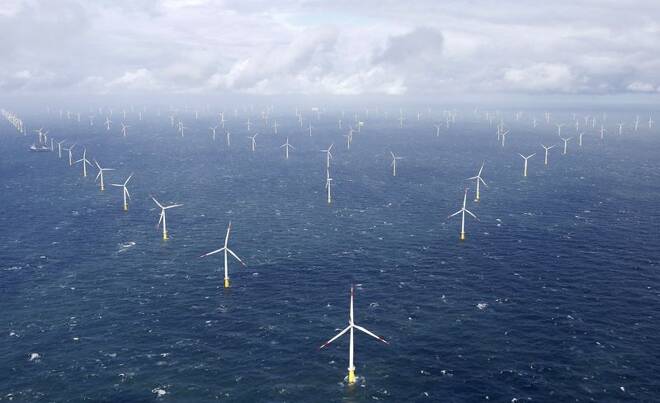Advertisement
Advertisement
Factbox: German local utilities’ plans as natural gas gets scarce
By:
By Riham Alkousaa BERLIN (Reuters) - Local utilities in Germany are taking various measures to replace scarce gas with other energy sources in the coming winter amid concerns that already reduced Russian gas imports may run dry.
By Riham Alkousaa
BERLIN (Reuters) – Local utilities in Germany are taking various measures to replace scarce gas with other energy sources in the coming winter amid concerns that already reduced Russian gas imports may run dry.
There are around 900 such companies, called Stadtwerke, which distribute two-thirds of all gas among many other activities in power, water, heat, waste and broadband.
The companies have been purchasing gas at very high prices which they expect to pass on to consumers through planned gas levies from October.
They shared the following status reports in response to an enquiry by Reuters.
Stadtwerke Munich (SWM)
Germany’s biggest local utility has postponed switching from coal to gas at one of its combined heat and power plants and reactivated previously-shut oil burners at two heating plants. It is also investing in district heating in the city.
“Together with the expansion of renewable heat generation, the dependence on fossil energies and difficult supply situations should also be reduced in the heating sector,” it said.
Mainova
The Frankfurt city utility said it was currently depending on just a small amount of gas to generate heat and electricity, for which it uses a waste plant and two hard coal-fired blocks, whose capacity can not be raised significantly.
Major customers have been contacted about possible power reductions and switch-off scenarios.
Stadtwerke Leipzig has extended a heat supply contract to a lignite coal-fired power station.
“If the worst comes to the worst, we can also operate our gas and steam turbine system, which produces district heating and electricity using combined heat and power generation, with heating oil”, said a spokesperson.
Rheinenergie, the energy supplier to the city of Cologne, said its gas and steam turbine systems can only be operated with oil to a limited extent and for a short time.
“We have safety reserves of oil in order to guarantee the district heating supply in the event of technical faults,” said a spokesperson.
GASAG, the gas supplier to the capital city of Berlin with a total of 700,000 customers in gas and power, says it cannot switch to other fuels.
Stadtwerke Flensburg in northern Germany has been replacing natural gas with hard coal for a number of months. “From today’s perspective, this will not change in the next few months,” a spokesperson said.
The company said it had extended the life of two coal-fired plants that had been due to be shut down by the end of the year and had procured and stored more coal feed-stock.
It can also generate heat with electricity and light fuel oil but is not planning to switch its plants to heating oil, it added.
Stadtwerke Tuebingen in southwest Germany is examining the possibility of a partial switch to heating oil to save on natural gas, having increased its oil storage to the maximum capacity.
A switch to oil is not technically possible in all plants. Biomass or light heating oil would be used as a first step in case of a supply emergency.
“In a further stage, industrial customers would have to be separated from gas supply in instalments,” said a spokesperson, adding the company has informed major customers about the procedure.
($1 = 0.9825 euros)
(Reporting by Riham Alkousaa,; additional reporting by Vera Eckert; Editing by Emelia Sithole-Matarise)
About the Author
Reuterscontributor
Reuters, the news and media division of Thomson Reuters, is the world’s largest international multimedia news provider reaching more than one billion people every day. Reuters provides trusted business, financial, national, and international news to professionals via Thomson Reuters desktops, the world's media organizations, and directly to consumers at Reuters.com and via Reuters TV. Learn more about Thomson Reuters products:
Advertisement
